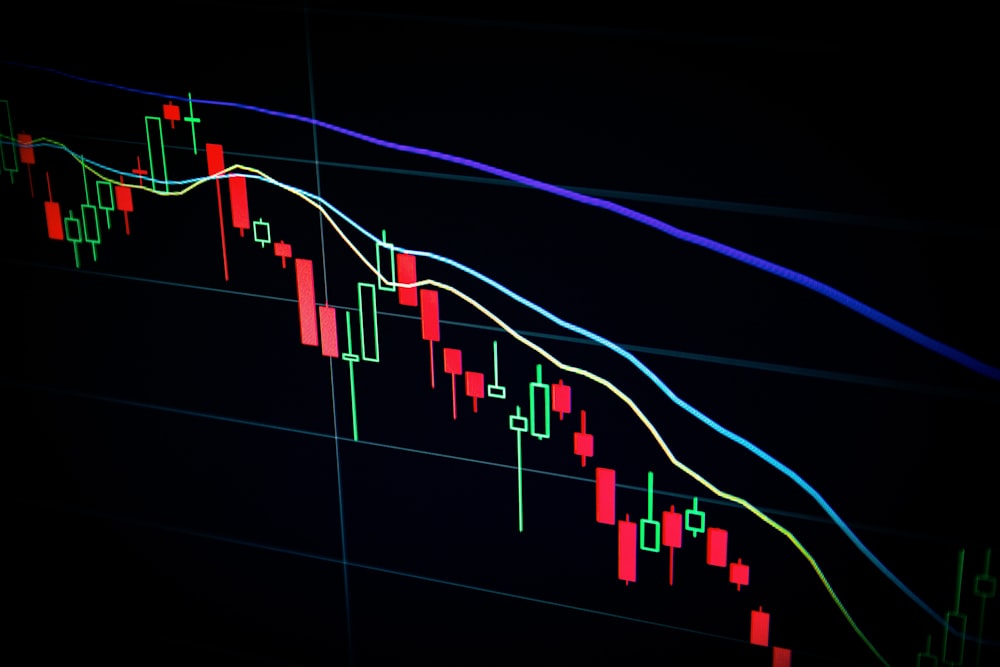What Is Speculation?

Market volatility often drives speculative behavior in financial markets
Speculation is the act of buying unproductive assets with the hope of selling them at a higher price. Unlike investing, it is not based on intrinsic value, cash flows, or business fundamentals, but rather on short-term price movements and market sentiment.
Understanding Speculation in the Market
Speculation is inherently high-risk and is usually influenced by:
- Hype or herd behavior
- Media noise
- Short-term price action
- FOMO (Fear of Missing Out)
This approach can lead to extreme volatility, asset bubbles, and eventual crashes. Notable examples include the dot-com bubble, the 2008 housing crisis, and various cryptocurrency booms.
Key Principles Ignored by Speculation
Speculative behavior often overlooks fundamental investing principles such as:
- Intrinsic value - The actual worth of an asset based on its fundamentals
- Margin of safety - A buffer against potential losses
- Business fundamentals - Core metrics like cash flow and earnings
"Price is what you pay, value is what you get." - Warren Buffett
Common Examples of Speculation
- Penny stocks – Low-priced stocks with little or no real business fundamentals
- Cryptocurrencies – Frequently traded on hype rather than underlying cash flows
- Gold and silver – Considered speculative by Warren Buffett since they don't generate income
- Options trading – When used purely for gambling on price movements
Warning Signs of Speculative Markets
- Rapid price increases without fundamental support
- Widespread media coverage and public excitement
- Claims of "this time it's different"
- "Get rich quick" promises
- Complex financial instruments with unclear risks
"Be fearful when others are greedy, and greedy when others are fearful." - Warren Buffett
How to Avoid Speculative Traps
- Focus on fundamentals rather than price movements
- Invest in assets that generate cash flow
- Maintain a long-term perspective
- Avoid following the crowd
- Study market history and past bubbles
Summary
Speculation is not the same as investing. While investing relies on fundamentals, intrinsic value, and long-term growth, speculation depends on timing, hype, and market psychology. It can deliver quick gains but carries massive risks, often ending in losses when bubbles burst.
Key Takeaways
- Focus on value, not price movements
- Avoid assets that rely solely on "greater fool" theory
- Understand that true wealth is built through patient, value-based investing
- Remember that if something seems too good to be true, it probably is
"Risk comes from not knowing what you're doing." - Warren Buffett